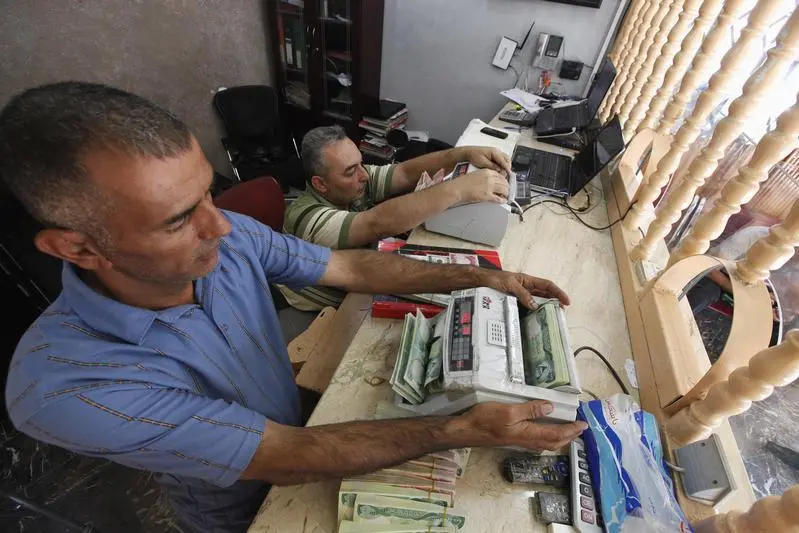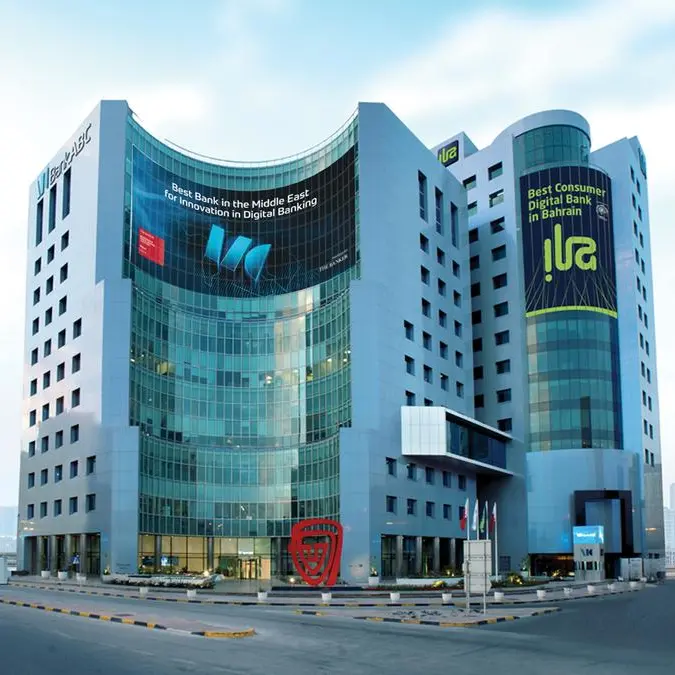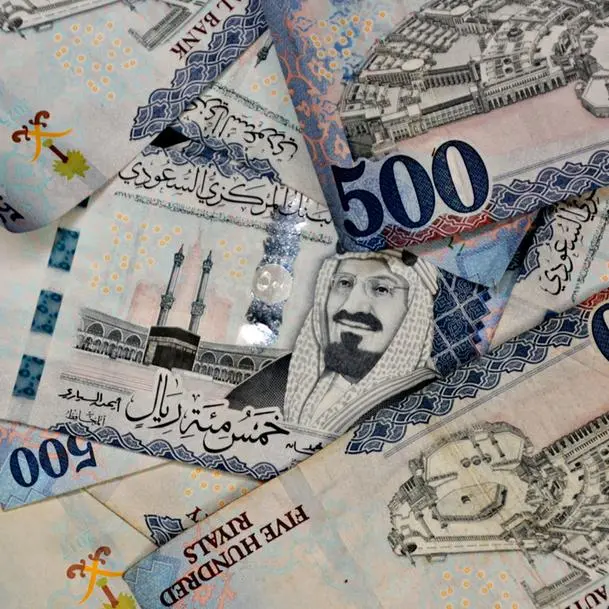PHOTO
BAGHDAD - Iraq has banned eight local commercial banks from engaging in U.S. dollar transactions, taking action to reduce fraud, money laundering and other illegal uses of U.S. currency days after a visit by a top U.S. Treasury official.
The banks are banned from accessing the Iraqi central bank's daily dollar auction, a main source of hard currency in the import-dependent country that has become a focal point of a U.S. crackdown on currency smuggling to neighbouring Iran.
A rare ally of both the United States and Iran with more than $100 billion in reserves held in the U.S., Iraq relies heavily on Washington's goodwill to ensure that its access to oil revenues and finances are not blocked.
A central bank document verified by an official at the bank listed the banned banks.
They are: Ahsur International Bank for Investment; Investment Bank of Iraq; Union Bank of Iraq; Kurdistan International Islamic Bank for Investment and Development; Al Huda Bank; Al Janoob Islamic Bank for Investment and Finance; Arabia Islamic Bank and Hammurabi Commercial Bank.
The head of Iraq's private bank association, which represents the banks involved, and Ashur and Hammurabi did not immediately respond to requests for comment. Reuters is contacting the other banks.
A Treasury spokesman said: "We commend the continued steps taken by the Central Bank of Iraq to protect the Iraqi financial system from abuse, which has led to legitimate Iraqi banks achieving international connectivity through corespondent banking relationships.”
In July 2023, Iraq banned 14 banks from conducting dollar transactions as part of a wider crackdown on dollar smuggling to Iran via the Iraqi banking system. The decision came after a request from Washington, according to Iraqi and U.S. officials.
Banks banned from dollar transactions are allowed to continue operating and are allowed to engage in transactions in other currencies, the central bank says.
The U.S. Treasury Department's top sanctions official, Brian Nelson, last week met top Iraqi officials in Baghdad, discussing how to protect the Iraqi and international financial systems from criminal, corrupt and terrorist actors.
Treasury announced action against Al-Huda Bank during the visit, saying it was involved in diverting billions of U.S. dollars to Iranian-backed groups.
A senior Treasury official told Reuters that Washington expected Iraq to do more to help counter Iran-backed armed groups operating out of Iraq after the killing of three U.S. soldiers that has been blamed on hardline Iraqi factions.
The current Iraqi government came to power with the support of powerful, Iran-backed parties and armed groups with interests in Iraq's highly informal economy, including the financial sector long seen as a money-laundering hot spot.
Still, Western officials have lauded cooperation with Iraqi Prime Minister Mohammed Shia al-Sudani towards carrying out economic and financial reforms meant to curb the ability of Iran and its allies to access U.S. dollars, and to bring the Iraqi economy into line with international standards.
(Reporting by Timour Azhari; Editing by Giles Elgood)





















